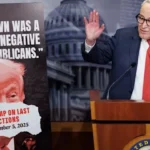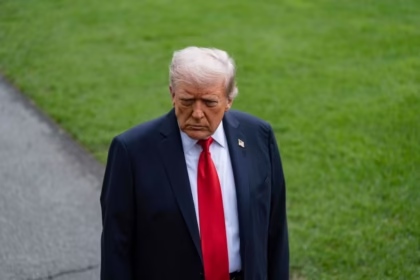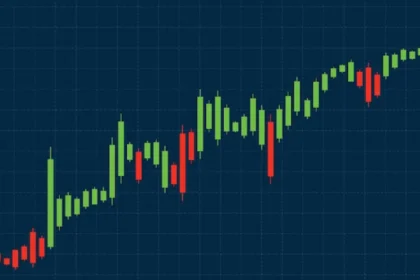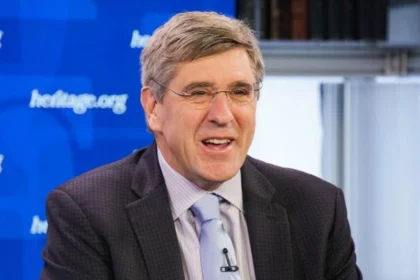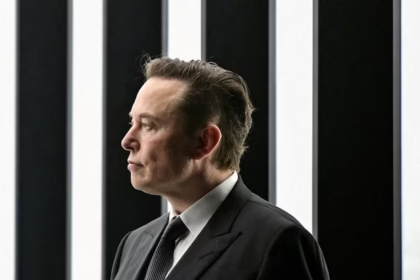Former President Donald Trump has once again thrust himself into the center of a media firestorm, this time targeting CBS’s “60 Minutes” and anchor Norah O’Donnell following a contentious segment that aired over the weekend. The exchange, which has dominated political chatter online, underscored Trump’s long-standing battle with major media outlets and reignited debate about journalism’s role in shaping public opinion ahead of the 2028 election cycle.
Trump, known for his blunt assessments of the press, accused CBS of “corruption and manipulation” after a portion of his recent sit-down with “60 Minutes” was, in his view, “intentionally edited to twist context.” The former president took to Truth Social shortly after the broadcast, calling O’Donnell’s questioning “a coordinated attack meant to smear the America First movement.”
“The media still doesn’t get it,” Trump wrote. “They want to control the narrative, not report it. But the American people are smarter now. They see through the lies.”
The Interview That Sparked the Backlash
The “60 Minutes” segment, hosted by O’Donnell and featuring commentary from CBS analysts, centered on Trump’s continued influence over the Republican Party, his policy stances on immigration and foreign affairs, and his preparation for potential 2028 political maneuvers.
Trump’s team claimed the broadcast omitted several of his key responses — particularly his statements on economic recovery, energy independence, and border security — while emphasizing moments of confrontation instead.
“CBS cut out every strong, policy-driven answer and left only the parts they could spin as ‘controversial,’” said Jason Miller, a senior Trump adviser. “It’s the same playbook — take him out of context and push a pre-written narrative.”
CBS Defends Its Reporting
CBS News, for its part, defended the integrity of the segment. In a statement, the network said the interview “was edited only for time and clarity” and that the questions posed were “consistent with journalistic standards of accountability and fairness.”
O’Donnell, a seasoned journalist who has interviewed world leaders from Joe Biden to Emmanuel Macron, maintained that the discussion was “firm but fair.” She emphasized that Trump’s remarks were presented accurately and that “the public deserves to hear the full range of perspectives on national leadership.”
Still, the fallout was immediate. Online, supporters of Trump accused CBS of censorship, while media critics debated whether the network was simply holding a powerful figure accountable.
Bari Weiss and Media Fragmentation
The controversy drew commentary from Bari Weiss, founder of The Free Press and a former New York Times opinion writer known for her critiques of ideological conformity in newsrooms. Weiss argued that the confrontation illustrated the “widening credibility gap” between mainstream media outlets and a public increasingly skeptical of traditional journalism.
“Legacy media still behaves as if it’s the gatekeeper of truth,” Weiss said in a podcast following the interview. “But audiences have fractured. Millions trust independent platforms more than corporate newsrooms — and Trump understands that dynamic better than anyone.”
Weiss’s comments highlight a trend that media analysts have been tracking for years: the migration of audiences toward alternative outlets and direct communication channels. For Trump, who built his brand on defying the establishment press, this environment remains fertile ground.
Trump’s Broader Strategy
Trump’s sharp criticism of CBS fits a pattern seen throughout his political career. From his clashes with CNN and The New York Times to his boycotts of debate moderators he deemed unfair, he has turned media conflict into a tool for mobilizing supporters and controlling the narrative.
His campaign advisers say this latest confrontation only strengthens his image as an outsider fighting against entrenched institutions. “Every time the media tries to take him down, he grows stronger,” said one aide close to Trump’s 2028 exploratory team. “He’s not running from the fight — he’s owning it.”
Political Fallout and Reactions
Political observers say Trump’s feud with CBS could have broader implications for both journalism and electoral politics. With “60 Minutes” traditionally viewed as one of America’s most respected news programs, the escalating hostility between its journalists and Trump underscores the growing mistrust between politicians and the press.
Meanwhile, Democratic strategists have largely stayed quiet on the matter, viewing the episode as a predictable chapter in Trump’s ongoing media war. However, some Republican lawmakers have rallied behind him, calling for more transparency in broadcast editing and labeling practices.
“Americans deserve full interviews, not selective storytelling,” said Senator J.D. Vance of Ohio. “The mainstream media has lost touch with ordinary voters.”
Trump’s Message to Supporters
In closing his post-interview response, Trump struck a tone both combative and confident. “They can twist, edit, and spin — but we’ll keep telling the truth,” he said. “Our movement isn’t about headlines. It’s about results, freedom, and restoring America’s greatness.”
As the media establishment continues to grapple with Trump’s dominance over public discourse, the former president’s ability to turn criticism into political fuel shows no signs of fading. Whether loved or loathed, Trump remains — as ever — the story that refuses to be silenced.




